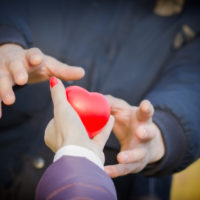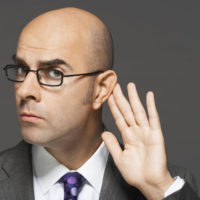This quiz will help you identify how much you trust yourself vs. how much you doubt yourself. Give yourself a score of 0-5 for each question, where 0 means it doesn’t apply at all, and 5 means that it is often troublesome to you.
- Do you berate yourself for having strong feelings? (anger, fear, loneliness, anxiety, sadness, etc.) whether or not you show them to others?
- Do you worry there is something secretly wrong with you, even if you don’t know what it might be?
- Do you often sacrifice your own needs for others?
- Do you doubt that you are as capable or as “good” as others think you are?
- Do you hide your mistakes—or minimize them?
- Do you feel out of control about food, spending, drugs or alcohol, but are too ashamed or afraid of failure to seek guidance?
- Do you think “I’m probably being selfish” when you consider asking others for a fair share of work or money, or extra help in times of stress?
- Do you believe that others are more open and honest about what they think and feel?
- Do you long to do something big (write a book, go to school, change your lifestyle) but seldom speak of it or explore what it would take to proceed?
- Are you afraid you are failing this questionnaire?
SCORING: This questionnaire points to areas you might want to strengthen.
31-50 Distrust of yourself is destroying your self-confidence.
20-30 Shows honest self-doubt; you could use more confidence
10-19 You are more independent and self-confident than most.
0-9 You are independent and self-confident.
This quiz was taken from Cynthia Wall’s book The Courage To Trust. She says that to say “I trust myself” means that you consistently take care of your own needs, and watch out for your safety, and are a loving force in your life, Wall says that to do all of that requires a combination of the following beliefs:
- “I know what I am thinking and feeling, and I can express it thoughtfully.”
- “I follow an ethical code that sustains me, even though it is difficult at times.”
- “I know when it is my job to take care of myself first, then to reach out to care for others.”
- “Mistakes are often the best lessons. I can’t avoid them, but I can pick myself up and try again.”
- “I listen to all opinions and then decide for myself without needing to be right.”
- “I know what I want and go for it in ways that don’t limit others from the same.”
Self trust means opening to a bigger definition of who you are and what you are capable of doing. It’s about knowing you can count on yourself, that you’re on your side—not against anyone else, but friendly to you, knowing that if you say you’re going to do something (or not do something) that you can and will keep that promise to yourself and others. That—and acting upon your goals, rather than just hoping things work out is a vital part of being able to trust yourself.






